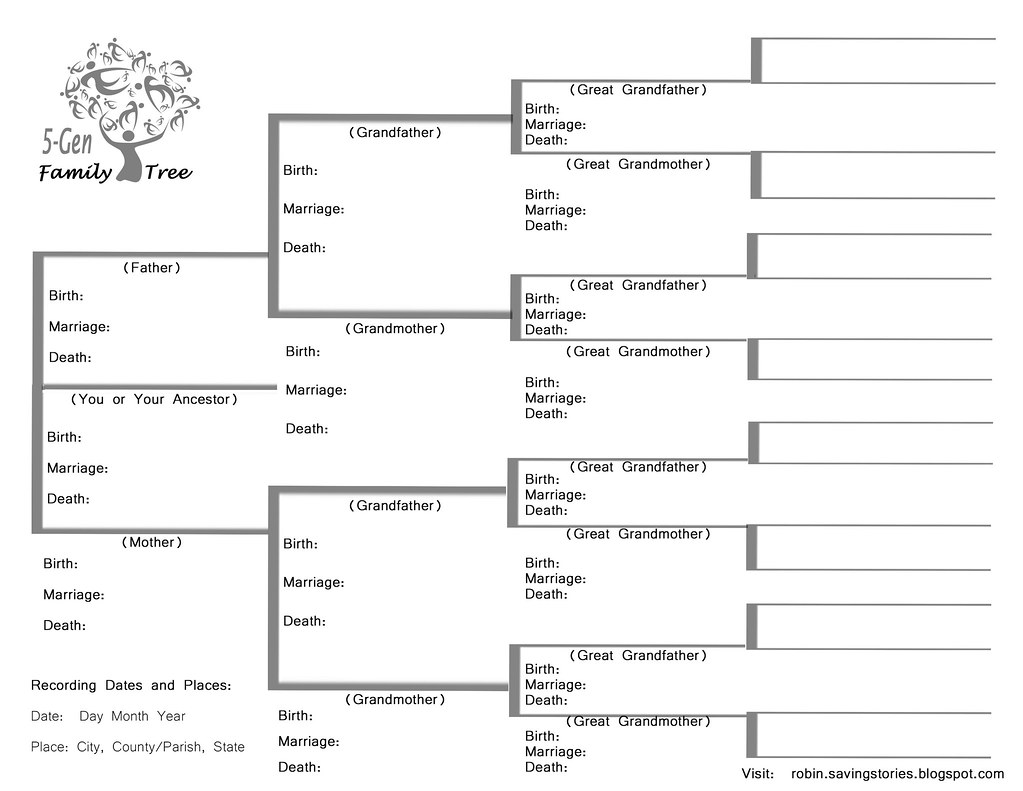Blog
M. W. Bassford
God, Who Made the Earth and Heavens
Tuesday, January 07, 2020
God, who made the earth and heavens,
Rules them all by His commands;
Such a God does not inhabit
Temples made with human hands.
Nor do human hands sustain Him;
He needs nothing we can give,
But instead, He gives us freely
Every gift we need to live.
From one man, He made each nation,
All who dwell upon the earth,
Fixing their appointed seasons
And their boundaries from birth.
He desires for all to seek Him,
Not too far for each to find:
God, in whom we have our being,
God, the Father of mankind.
We cannot confine His nature
To an image we invent;
Overlooking former folly,
Now He calls us to repent.
Through a Man whom He appointed,
God will judge as He has said,
Having proved to all His purpose
When He raised Him from the dead.
Those Boring Genealogies
Monday, January 06, 2020
Among other texts, the first week of our Bible-reading plan for 2020 includes Matthew 1:1-17. This, along with Luke 3:23-38, gets my vote for being the most difficult section of the New Testament to read. It is all one great big genealogy. Many of the names in it are polysyllabic, unfamiliar, and unpronounceable. The people they represent often don’t show up elsewhere in the Bible, except in other genealogies. Brethren commonly read a verse or two and then give up. I myself have been known to skim the genealogies every time they appear in my reading schedule.
Sooo. . . why are the genealogies there? Why should we pay attention to them?
There are several reasons. First, they show the fulfillment of prophecy. In Genesis 22:18, God promises Abraham that through his seed, all the nations of the earth would be blessed. Jesus’ descent from Abraham proves that this promise was fulfilled through Him. Similarly, 2 Samuel 7:13 contains God’s promise to David that one of His descendants would be established as king forever. This too was fulfilled in Jesus, and we can tell that it was because Jesus’ genealogy shows His Davidic lineage.
Second, Jesus’ genealogy foreshadows His work. Even today, we recognize that sons are often like their fathers. This conviction was much stronger 2000 years ago. People would expect a descendant of David to be like David: one who could challenge and defeat the enemies of his people, one who would rise to become king. Though Jesus did not meet these expectations in the way that most people thought He would, they still held important clues about His work and its results.
Third, the genealogy of Matthew 1 shows the completion of God’s plan in Jesus. Matthew explains in 1:17 that Jesus’ genealogy divides up into three fourteen-generation segments. This is not literally true, and any Jewish reader of Matthew’s gospel would have known that it was not literally true. In order to achieve his three fourteen-generation groups, Matthew leaves out people. According to 1 Chronicles 3:17-19, Zerubbabel was the grandson of Shealtiel, not the son. Matthew omits Pedaiah.
This does not imply that Matthew made a mistake. After all, Zerubbabel is frequently called “the son of Shealtiel” in Scripture, just as Jesus is called “the son of David”, even though neither of those things is literally true. Instead, it shows us that bare chronological reconstruction is not Matthew’s purpose (and we should be wary of using Biblical genealogies for purposes other than that of the writer).
Rather, Matthew is making a numerological and thematic statement. Three is a sacred number. So is seven. Both indicate completion. By redacting Jesus’ genealogy so that it is made up of three groups of two sevens each, Matthew indicates the sacredness and completion of God’s purpose. The time of the patriarchs, the time of the kings, and the time after the exile all are finished. Now, the time of King Jesus can begin.


